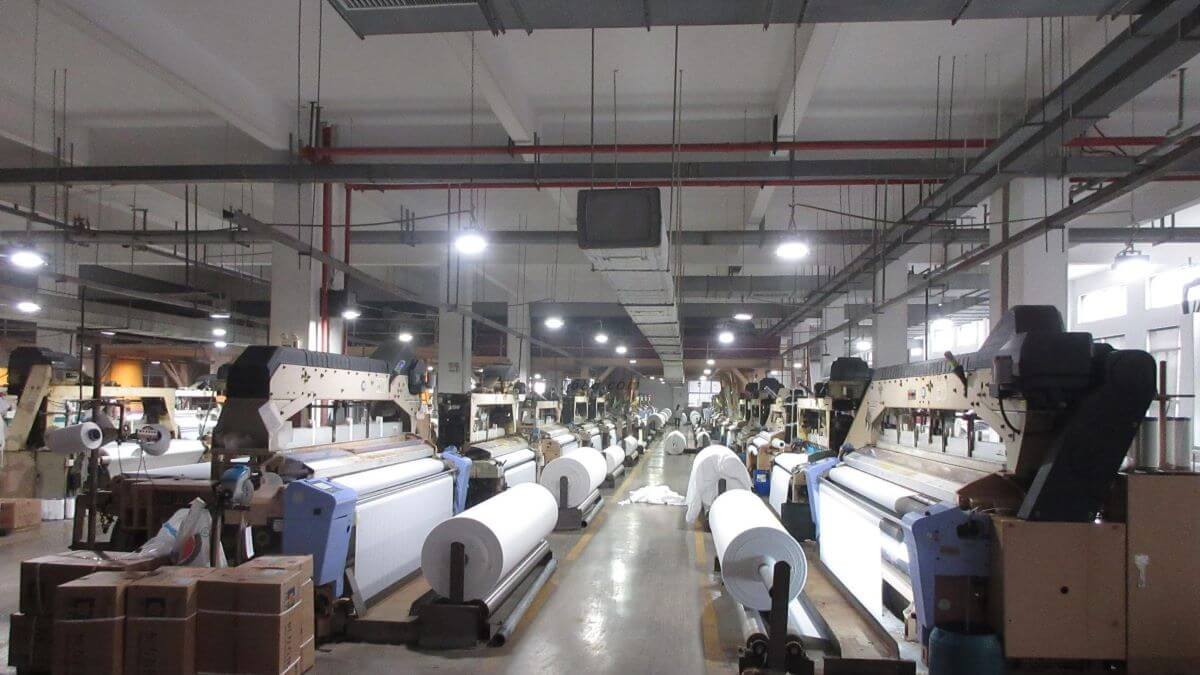When it comes to offering quality roller blinds to your customers, the material you choose is just as important as the design. Whether you’re a manufacturer, retailer, or wholesaler, finding reliable roller blind material suppliers is key to ensuring that you provide high-quality products that meet the needs of your target market. In this comprehensive guide, we will walk you through how to source the best materials, what factors to consider when selecting suppliers, and where to find the ideal materials for your roller blinds.
Why the Right Roller Blind Material Supplier Matters
Roller blinds are one of the most popular and versatile window treatments, valued for their simplicity, functionality, and wide range of materials. As a business, you want to source materials that not only meet your customers’ aesthetic preferences but also align with their practical needs. Whether your clients need blackout blinds for bedrooms, solar screen fabric for energy efficiency, or decorative materials for commercial spaces, the material supplier you choose plays a significant role in the overall quality of the product.
The Key Benefits of Partnering with a Trusted Roller Blind Material Supplier:
- High-Quality Materials: Reliable suppliers offer materials that are durable, high-performing, and resistant to wear and tear.
- Customization Options: Many suppliers offer the flexibility to provide bespoke materials, such as custom colors, patterns, and finishes, allowing you to cater to diverse client needs.
- Competitive Pricing: Partnering with the right suppliers ensures you get the best value for your bulk purchases, contributing to higher profit margins.
- Sustainability: An increasing number of businesses are opting for eco-friendly materials. Your choice of supplier could help align your business with sustainability goals.
With that in mind, let’s explore the key factors to consider when sourcing materials for roller blinds.
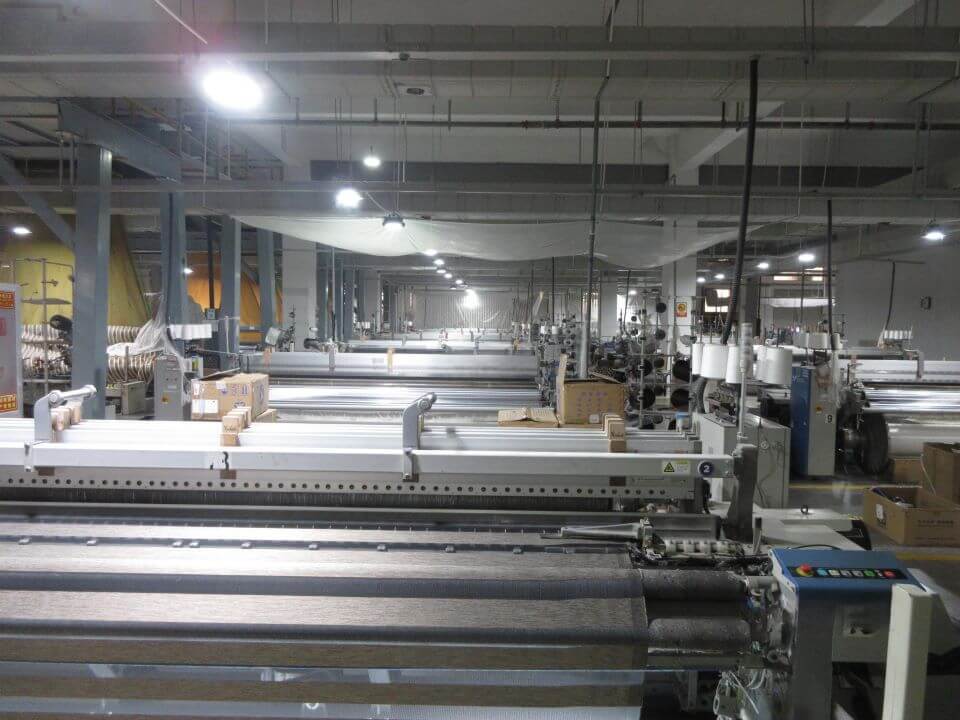
Types of Roller Blind Materials
The first step in choosing a roller blind material supplier is understanding the types of materials available. Each material offers different benefits depending on the function of the roller blinds, such as light control, privacy, or insulation. Here are some of the most common materials used for roller blinds:
1. Fabric Materials
Fabric is the most common material for roller blinds, offering versatility in design and functionality. Fabric materials can be categorized into several types:
- Polyester: Known for its durability, polyester is easy to maintain and comes in a variety of colors and textures. It is resistant to shrinking and stretching, making it ideal for long-lasting products.
- Cotton: A natural fabric that offers a softer, more breathable feel. It is often used in decorative roller blinds, especially in residential settings.
- Linen: A high-end fabric often used in luxury homes and offices. It provides a sophisticated look but may require more maintenance than synthetic options.
- Faux Linen: Combines the aesthetic appeal of linen with the practicality of synthetic fibers, making it easy to maintain while still offering a high-end look.
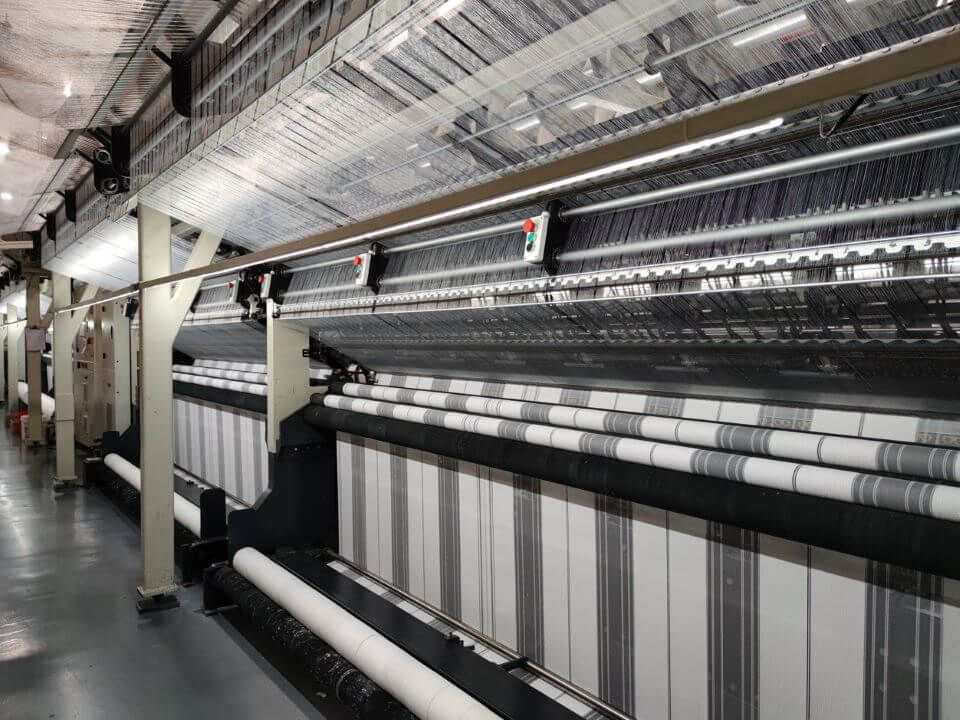
2. Blackout Fabrics
Blackout roller blinds are commonly used in spaces like bedrooms, home theaters, and offices where light control is essential. These fabrics are designed to block out sunlight and prevent UV rays from entering the room.
- Triple-Layered Fabrics: A combination of different fabric layers, such as polyester and PVC, to provide superior light-blocking properties.
- Thermal Blackout: These materials are designed not only to block light but also to offer thermal insulation, helping to maintain a consistent room temperature.
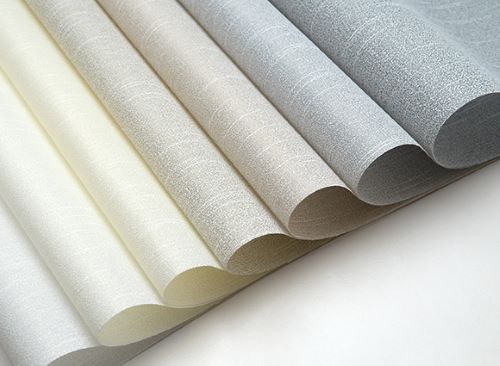
3. Solar and Screen Fabrics
Solar screen fabrics are made with specialized materials that filter sunlight while still providing a view outside. These are often used for commercial settings where energy efficiency and glare reduction are essential.
- Mesh Fabrics: These fabrics are woven in a way that provides visibility while still offering UV protection and glare reduction.
- Polyester and PVC Coated: These materials are commonly used for solar blinds as they provide an extra layer of protection from the sun.
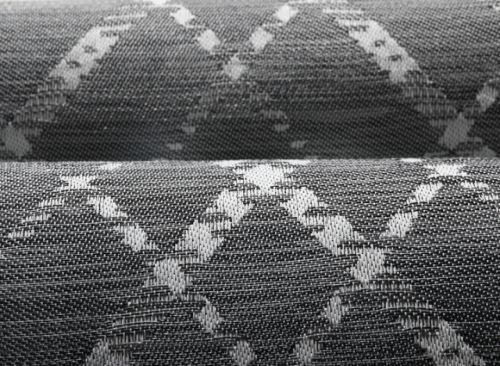
4. Eco-Friendly Fabrics
As sustainability becomes increasingly important, many businesses are looking to source eco-friendly roller blind materials. These materials can include natural fabrics like organic cotton, bamboo, and other renewable resources.
- Bamboo: Bamboo is a fast-growing, renewable resource that can be woven into roller blind fabric. It offers a natural look and is perfect for eco-conscious businesses.
- Recycled Materials: Some suppliers offer roller blind fabrics made from recycled polyester, providing an eco-friendly alternative to traditional fabrics.
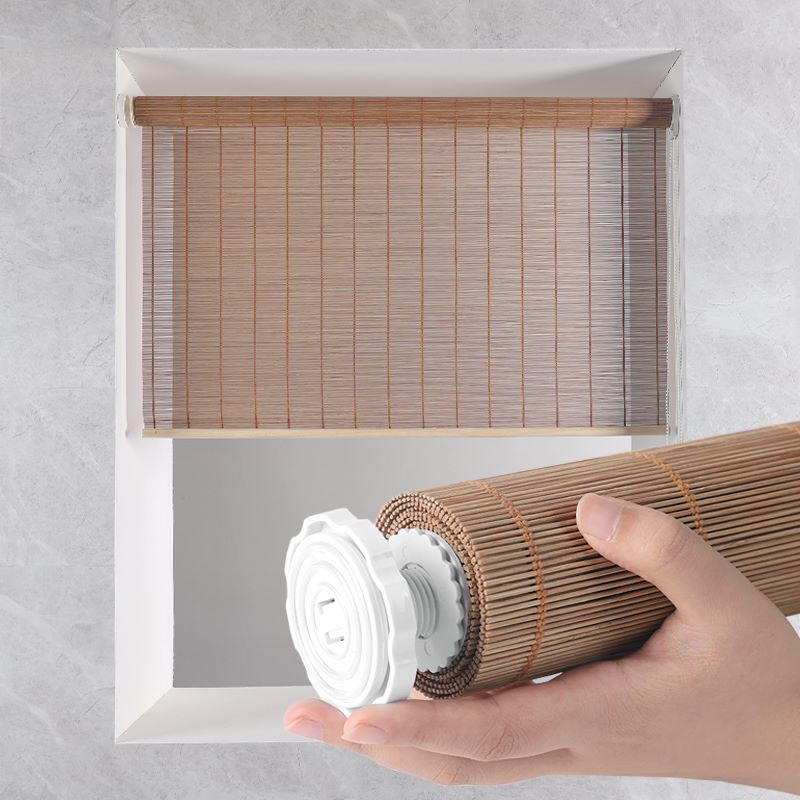
5. Fire-Retardant Fabrics
For commercial spaces such as hotels, hospitals, and offices, fire-retardant roller blind materials are crucial. These fabrics are treated with fire-resistant chemicals to prevent the spread of fire.
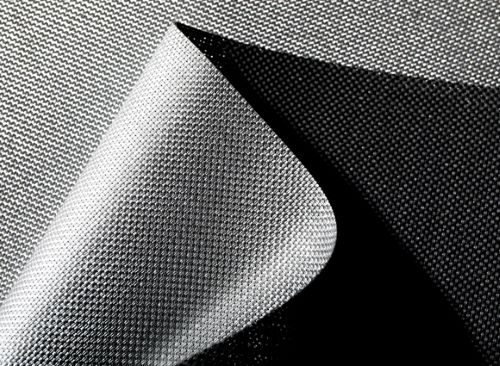
How to Choose the Best Roller Blind Material Suppliers
When sourcing roller blind materials, choosing the right supplier can make or break your business. Here are the key factors to consider:
1. Product Quality
You’ll want to source materials that meet your quality standards and ensure longevity. Look for suppliers who provide detailed specifications and offer samples for testing before placing a bulk order.
- Durability: The material should be able to withstand wear and tear, especially if your clients will use the blinds in high-traffic areas or need them to last for several years.
- Colorfastness: Ensure that the fabric does not fade over time. The material should maintain its color under regular exposure to sunlight.
- Stain Resistance: Fabrics that resist staining will be easier for your clients to maintain, especially in commercial or residential spaces where cleanliness is a priority.
2. Customization Options
Your clients may have specific needs when it comes to size, color, or finish. It’s crucial to partner with a supplier who can accommodate custom requests.
- Color and Pattern Customization: Many suppliers offer a wide range of colors and patterns. Some even allow you to create bespoke designs that match a specific brand or style.
- Size and Fit: Look for suppliers who can provide fabrics in a range of sizes or offer to cut the material to fit your roller blind frames.
- Finishing Options: Consider suppliers who can provide various finishes, such as matte, gloss, or textured, to add more versatility to the final product.
3. Price and Minimum Order Quantity (MOQ)
Price is always a consideration when selecting a supplier. Many suppliers offer bulk discounts, but you need to be aware of their minimum order quantities (MOQs).
- Price Comparisons: Request quotes from several suppliers and compare prices for similar products. Don’t forget to factor in shipping costs, taxes, and duties for international suppliers.
- MOQ: Some suppliers may have high MOQs, which could be a concern if you don’t need large quantities right away. Be sure to check whether they can accommodate smaller orders or offer flexible MOQ options.
4. Lead Times and Delivery
Timely delivery is essential for ensuring that you can meet your customers’ needs. Be sure to discuss lead times and delivery schedules before placing an order.
- Lead Time: Ask suppliers for an estimated lead time to ensure that they can meet your delivery expectations.
- Shipping: If you are working with international suppliers, consider shipping times and customs clearance processes.
5. Supplier Reputation
Before partnering with a supplier, take time to check their reputation. Look for reviews, ask for references, and assess their customer service.
- Customer Reviews: Research online reviews or testimonials from other businesses who have sourced materials from them.
- Certifications: Check if the supplier has any industry certifications such as ISO 9001 for quality management systems or OEKO-TEX® certification for non-toxic fabrics.
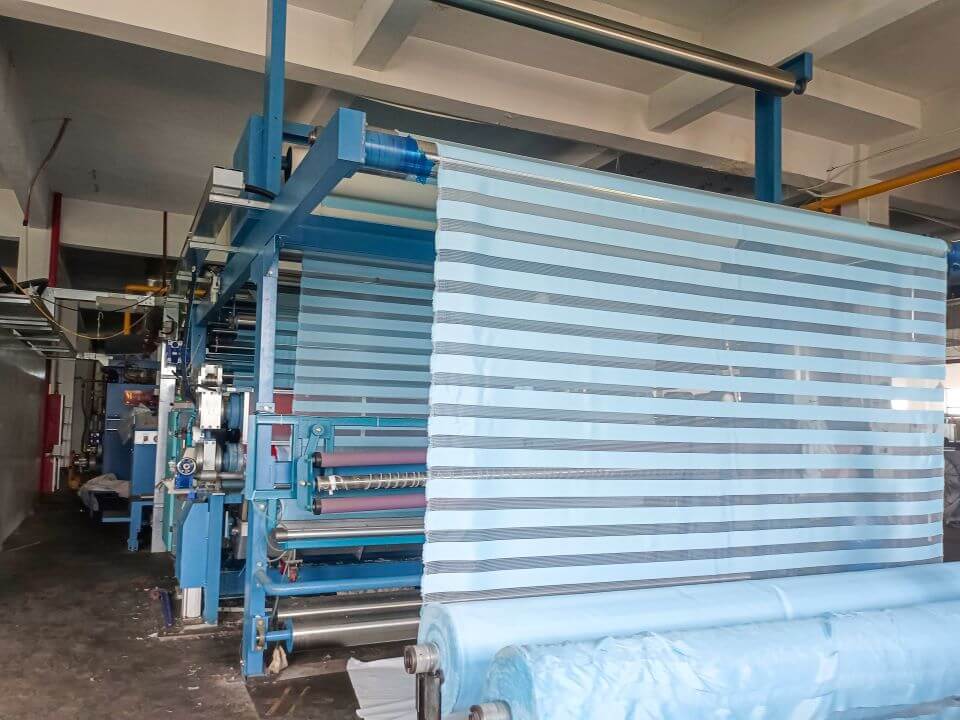
Where to Find Reliable Roller Blind Material Suppliers
Here are some of the best places to source roller blind materials for your business:
1. B2B Marketplaces
- Alibaba: One of the most popular platforms for sourcing bulk materials from suppliers worldwide. Many suppliers on Alibaba specialize in roller blind materials, offering a wide range of options.
- Global Sources: Another reliable B2B platform where you can find a variety of suppliers offering roller blind materials, as well as detailed product descriptions and reviews.
2. Manufacturer Websites
- Many manufacturers have direct sales platforms where you can browse their material offerings and request custom orders. Look for established companies with a track record of supplying roller blind materials to global markets.
3. Trade Shows and Exhibitions
- Attending industry trade shows is an excellent way to connect directly with suppliers. You can view product samples, ask questions about materials, and negotiate prices face-to-face.
4. Online Directories
- Online directories such as ThomasNet and Kompass can help you find verified suppliers of roller blind materials by location and product offerings.
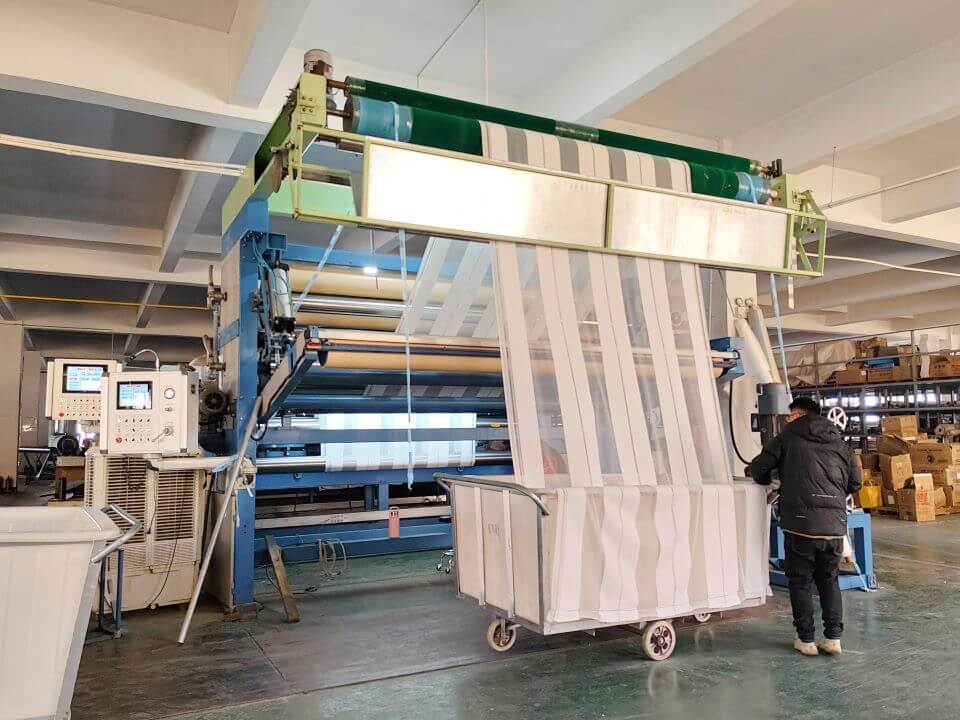
FAQs About Roller Blind Material Suppliers
1. What types of roller blind materials are best for high-traffic areas?
For high-traffic areas, durable materials such as polyester and faux linen are ideal. These fabrics are resistant to fading, easy to clean, and maintain their integrity over time.
2. Can I customize the roller blind materials to match my client’s specifications?
Yes, many suppliers offer customization options, including bespoke colors, patterns, and finishes, as well as sizes and textures tailored to your client’s needs.
3. How can I ensure the quality of the roller blind materials I order?
Request samples from suppliers before committing to a bulk order. You should also look for reviews and check for certifications such as ISO for quality assurance.
Conclusion
Choosing the right roller blind material suppliers is crucial to ensuring that your business delivers high-quality, durable, and aesthetically pleasing products. By considering factors such as material quality, customization options, price, lead times, and supplier reputation, you can make an informed decision that will benefit your bottom line and keep your customers satisfied.
Remember, the key is to partner with suppliers who can meet your business’s needs, whether you require bulk materials, custom sizes, or specialty fabrics like blackout or eco-friendly options. By taking the time to find the best roller blind material suppliers, you can enhance your product offerings, improve customer satisfaction, and grow your business.

